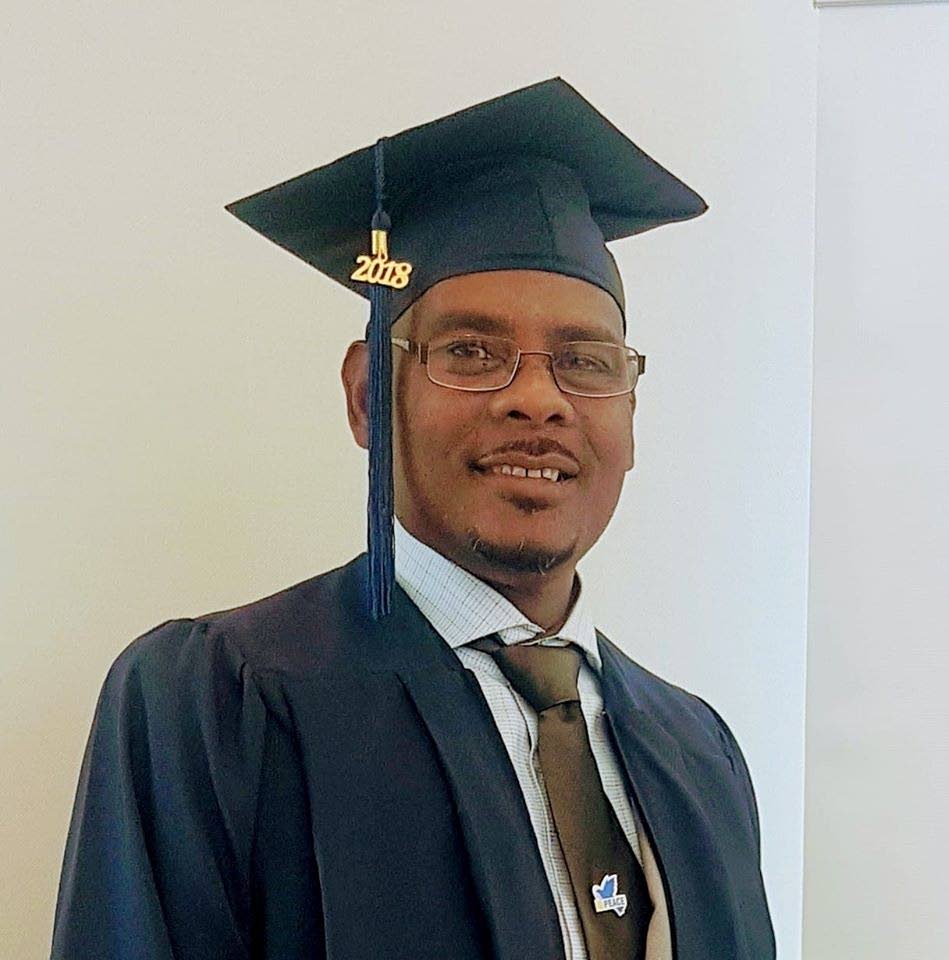Wayne’s second chance

THE TRIBUTES that have flowed in the wake of the death of activist Wayne Chance are testimony to the value and impact of his work. They mark the fact that we have lost an inspiring figure who reminded us of the power of second chances.
Amid a gruelling election season, Prime Minister Dr Keith Rowley and Opposition Leader Kamla Persad-Bissessar took a moment to unite in praise of the advocate for greater opportunities for former convicts. Rowley called Chance “a leading light of useful activism,” while Persad-Bissessar said “his efforts have shown us that people can change.”
Others, like Prisons Commissioner Gerard Wilson, called Chance a “giant among men,” while former prisons commissioner John Rougier remembered Chance as a committed activist who worked alongside prison officers to improve the quality of life in prison.
Chance, 47, died at the Caura Hospital on Sunday night while being treated for illness. He leaves to mourn his wife Giselle and three children. He was awarded the Hummingbird Medal (Silver) in 2010 for community service and had 18 years’ experience in co-ordinating and organising rehabilitation programmes for former prisoners.
Before all of this, however, Chance was just another statistic. In his younger days, he was convicted of theft and sentenced to eight years, during which time he reportedly underwent a “spiritual transformation,” according to his biography on the website of the NGO he formed, Vision on a Mission. He began working to help others. Last year, he graduated with honours with a degree in business management from Anglia Ruskin University in the UK.
At a time when there is great concern over crime, former prisoners, including those who have served time for relatively minor offences, face tremendous hurdles. Chance’s advocacy has been an important reminder of the fact that people who have paid their dues should be treated fairly by society.
While recidivism is a serious problem, the stigma and discrimination which people who have been in the penal system face are obstacles to the rehabilitation that is needed in order to maintain peace in our society.
In many ways, Chance’s life is proof of the power of second chances. He made a clear decision, after his own brush with the law, to use his freedom positively. The boldness of that decision alone speaks volumes and has served to inspire many others.
Chance’s death, therefore, must not be the end of his work. Particularly at a time when we are discussing criminal justice reform and the changing of laws to prevent the needless incarceration of citizens on drug offences, we must remain focused on allowing people who have served sentences to contribute once more to society.
Ours is an unforgiving society. For that reason, we need more activism of the kind practised by Chance.

Comments
"Wayne’s second chance"